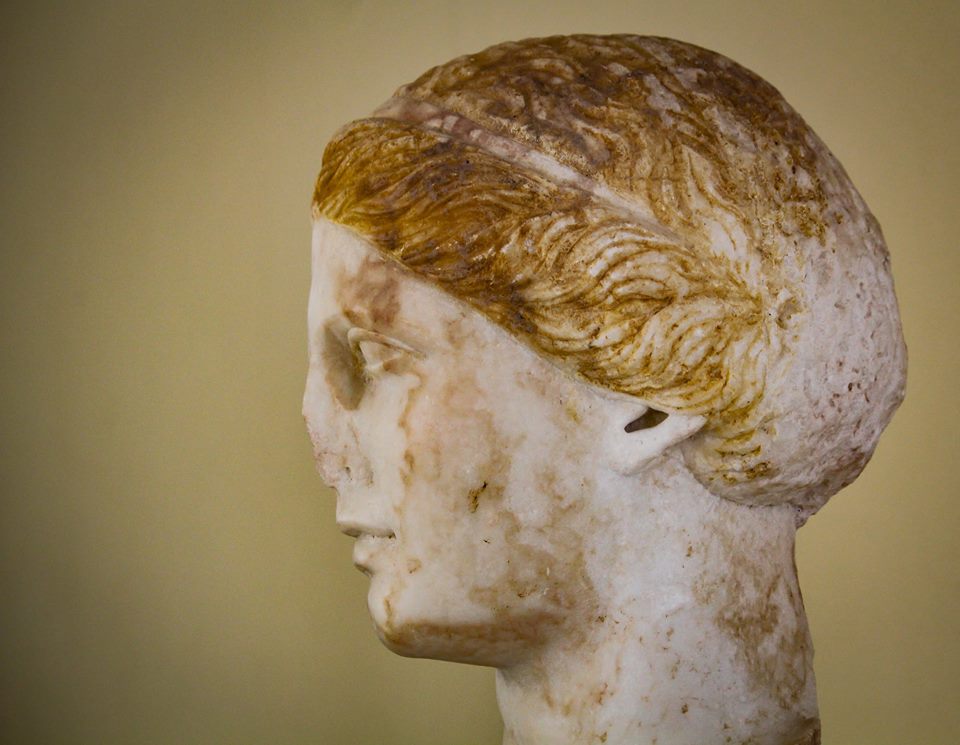For many writers, their biggest fear is the blank page. I may be unusual in this regard, because I love the empty whiteness of a new document. The way it appears in front of you, all shining and pure and unspoiled, still full of limitless possibilities.
What absolutely terrifies me is the finished manuscript. Completing a novel should be a cause for celebration, and yet the fact the thing exists at all fills me with dread. Now that it’s in the most polished state I’m capable of achieving without editorial support, the demons of doubt are screaming at full volume.
What if it’s no good? What if people don’t understand or like my characters? And if they don’t, what am I going to do about it?
In any good story, the characters are the driving force of the narrative. So it’s essential that they’re engaging and relatable, or in the case of a villain, sufficiently mesmerising that the reader feels compelled to spend time with them. It’s why so much creative writing advice focuses on character likeability. How to give your protagonist strong and appealing traits, as well as some imperfections to keep them credible. But sympathetic faults, not the serious or repulsive kind that turn people off.
It’s important to learn about character development and to be receptive to editorial feedback on how our characters are coming across. Sometimes there are issues in the manuscript that need fixing: a change of tone in the dialogue or a deeper exploration of a character’s motives to increase empathy for their situation. That said, I do think there’s a danger for writers in attempting to change our protagonists to make them likeable.
I don’t write memoir or autobiographical fiction. My characters are separate beings from me. Nevertheless, their feelings and experiences closely mirror my own, and they tend to be deeply flawed. As a writer, this level of exposure leaves me intensely vulnerable to criticism. If my readers come back and say, ‘I thought your main character was pathetic and needed a slap,’ trust me, I will feel that slap. And yes, it’s happened before, and it will most likely happen again, and there’s absolutely nothing I can do to prevent it.
Well, in theory there is. To avoid that risk, I could watch some popular movies, decide what is broadly considered attractive in our culture, and develop a protagonist around it. I’m already imagining she’s self-reliant, outgoing, feisty, funny and loyal. She gets in trouble for breaking the rules, while inside she’s suffering because of a past relationship hurt. The problem is that I’m not the least bit invested in her, because I’ve just made her up to be likeable, rather than allowing her essence to emerge naturally from my subconscious. If I forced myself to write a novel about her, my lack of connection to her would be evident. Because her story isn’t what I wanted to write in the first place.
It’s the same in real life. If we mask too much of our identity by constructing a persona to fit the cultural ideal, far from experiencing a greater sense of belonging in the group, we can end up feeling more alone and adrift than ever. When we try to make people like us by adopting the characteristics we assume they value, frequently they sense it and warm to us less as a result.
Real people can be tough and independent and witty and brash and confident and cool. We can also be anxious and introverted and obsessive and insecure and conflicted and crazy-in-love. I happen to be drawn to exploring the second set of traits. I’m not sure I should or even can change this. After all, isn’t one of the delights of reading that we feel less alone and less self-critical, because we see our so-called “weaknesses” as simply part of the wider human condition? Through fiction, we may even learn how someone similar to us came to accept themselves as they are.
Besides, as anyone who reads reviews knows, readers disagree vociferously over character likeability. I loved Anna Karenina for her complexity, but she often features on the most-hated lists on account of her perceived self-obsession and poor choices. The fictional character I loathed most as a child was Pollyanna. I can’t describe how much it grated on my nerves that she was glad about everything. I felt she was unrealistic and that I was being preached to by adults. Yet other people find her relentless optimism inspirational and charming. We all bring our own perspective to the work.
One of my favourite quotes about writing is from Ernest Hemingway’s forthright letter to his friend F. Scott Fitzgerald. He says, “All you need to do is write truly and not care about what the fate of it is.”
Not caring about the fate of our work is easier said than done when we’re in the grip of obsessions over critique groups and literary agents and sales figures and Amazon reviews. But I also think it’s the way to produce the most vivid, authentic and powerful writing we’re capable of.
In no way does anything I’ve said above minimise my fear of people reading my manuscript. In fact, I’m not sure anything can, but it’s a fear I’m going to push on through. And hopefully it will be worth it.

